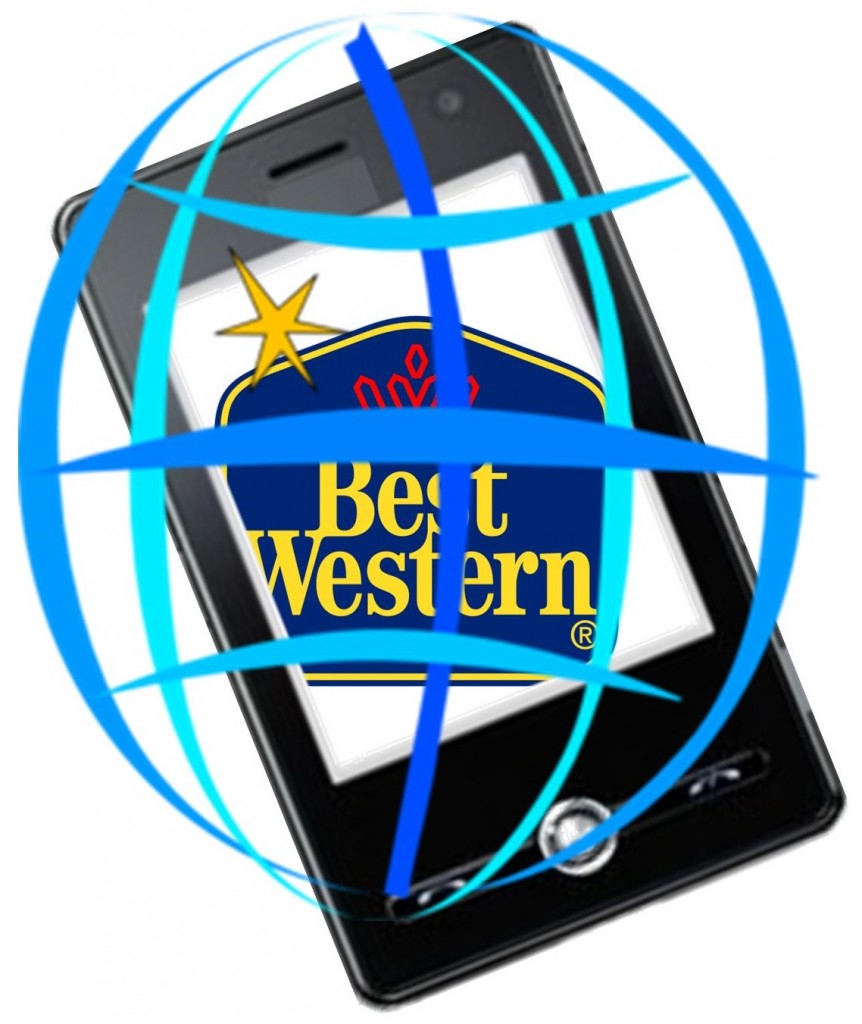The hotel chain has found that advertising with this technique has provided them with results.
The Best Western chain of hotels has decided to move toward geolocation based mobile marketing in order to help to boost the interest of travelers and encourage them to book a stay at one of their locations as they drive past competing accommodations or pass through airports.
The initial wave of the campaign is beginning in Washington state but is expected to expand.
The Best Western geolocation campaign is being run through the assistance of the PayPal Media Network. It is designed to encourage consumers to use their mobile devices in order to book their hotel stays.
This use of geolocation technology could help to boost the relevancy of the marketing.
 The PayPal Media Network director of marketing and sales technology, Sarah Hodkinson, said that “According to Best Western, the booking window for reservations is no longer weeks in advance.” Instead, she explained, they are waiting until they are moments away from a location to make their reservation. She went on to say that by leveraging geolocation technology based mobile marketing, “hoteliers can capture these last-minute bookings by engaging travelers in proximity to their locations.”
The PayPal Media Network director of marketing and sales technology, Sarah Hodkinson, said that “According to Best Western, the booking window for reservations is no longer weeks in advance.” Instead, she explained, they are waiting until they are moments away from a location to make their reservation. She went on to say that by leveraging geolocation technology based mobile marketing, “hoteliers can capture these last-minute bookings by engaging travelers in proximity to their locations.”
In order to accomplish this, geolocation technology was applied by Best Western to geo-fence their ads around airports and hotels throughout Washington state. Furthermore, the chain is also running the location based advertisements within the geo-fences that have been set up near the locations of rival hotels in order to try to convince them to choose one of their own hotels, instead.
The brand believes that the geolocation based ads help to provide consumers with information regarding the number of miles that they would have to travel to the nearest Best Western location. Moreover, the ads also include a “book now” button that redirects them to a smartphone optimized Best Western room booking page where they can learn more about the accommodations or actually book the room in which they would like to stay. This could help to make sure that the ads are always being presented to travelers at the moment that they are seeking the hotel in which they will be spending their trip.

 Many consumers wait until the end of November in order to begin their holiday season shopping. However, retailers have been hoping to be as prepared as they possibly can to be able to reach consumers as they are making fast decisions, and it is likely that mobile marketing will play an important role in that effort, this year.
Many consumers wait until the end of November in order to begin their holiday season shopping. However, retailers have been hoping to be as prepared as they possibly can to be able to reach consumers as they are making fast decisions, and it is likely that mobile marketing will play an important role in that effort, this year.